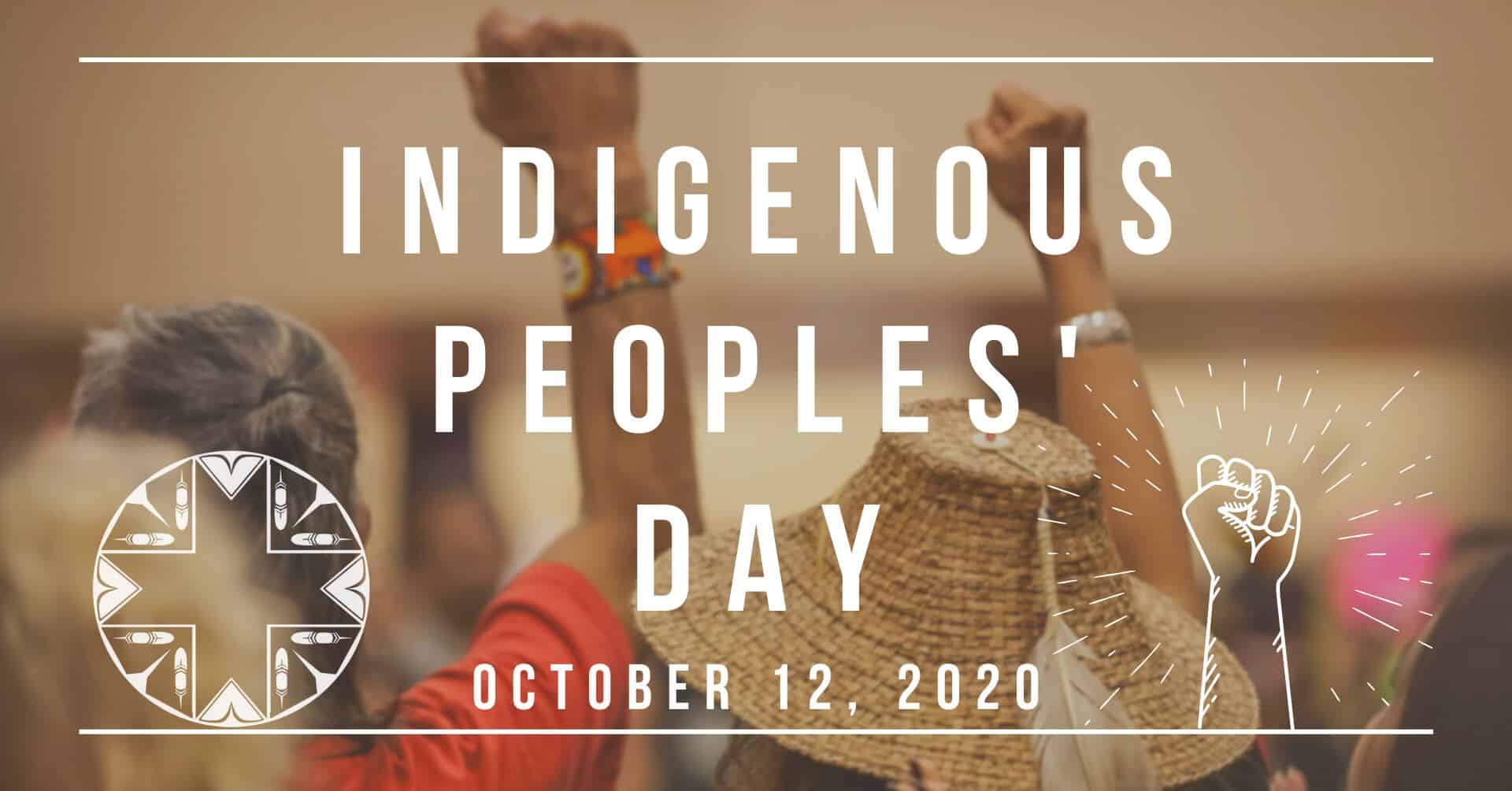Honoring Indigenous People’s Day

Image credit: Daybreak Star Indian Cultural Center
In honor of Indigenous People’s Day, we honor and stand in solidarity with America’s tribal nations and their people. As the Native American Rights Fund said, “We hope that, wherever you are, you can find ways to recognize and celebrate the cultures and contributions of America’s first peoples.” Please join us in supporting the following efforts.
Today at 5 PM PST, the Native American Law Students Association and First Nations at the University of Washington will host a conversation with Washington Supreme Court Justice Raquel Montoya-Lewis (Pueblo of Isleta, Laguna Indian Tribe), who is the first Native American to serve on the Washington Supreme Court and only the second Native American state supreme court justice in the country.
Today at 12 PM PST, Washington State University is hosting a talk by Professor Robert J. Miller (Eastern Shawnee Tribe of Oklahoma) contesting the doctrine of discovery, a concept used by European monarchies in order to legitimize the colonization of lands outside of Europe, which was used to take lands that were occupied by Indigenous People including North America.
In honor of Indigenous Peoples Day, editors of the Michigan Journal of Race & Law are sharing the accomplishments of indigenous law professors with Women Also Know Law—beginning with Penn Law Professor Maggie Blackhawk‘s (Fond du Lac Band of Lake Superior Ojibwe) article, “On Power and Indian Country.”
On Thursday, October 15, at 12 PM EST, the Harvard Native American Law Students Association and the HLS American Constitution Society chapter are hosting a talk on “Native American Voting Rights: Past and Present Challenges” featuring two attorneys from the Native American Rights Fund, Natalie Landreth and Jacqueline De León.
Support the Native American Rights Fund’s anti-voter suppression efforts. According to NARF, “Too many Native Americans lose their vote due to irregular addressing and insufficient mail delivery, voter ID laws, language barriers, and voter discrimination. This election year, it is essential that they can exercise their most basic civil right.”
Support the First Nations Development Institute’s COVID-19 Emergency Response Fund, which is distributing funds to Native nonprofit organizations and tribal programs that need it most. FNDI has explained that Native communities are especially vulnerable to the effects of COVID-19, since many Native people are at-risk due to preexisting health conditions, 13% of Native American homes lack safe drinking water for sanitation, and 16% of homes in tribal areas are overcrowded and multigenerational.
Follow PPP
Don’t Bend the Knee: A Toolkit for Big Law Organizing
Pro-Bonus Pledge
PPP’s Pro-Bonus Pledge is organizing law firm associates (and others!) to donate our BigLaw bonuses…

